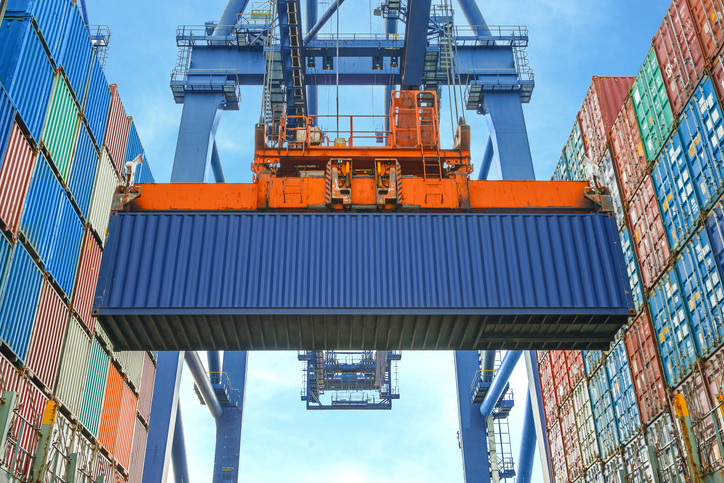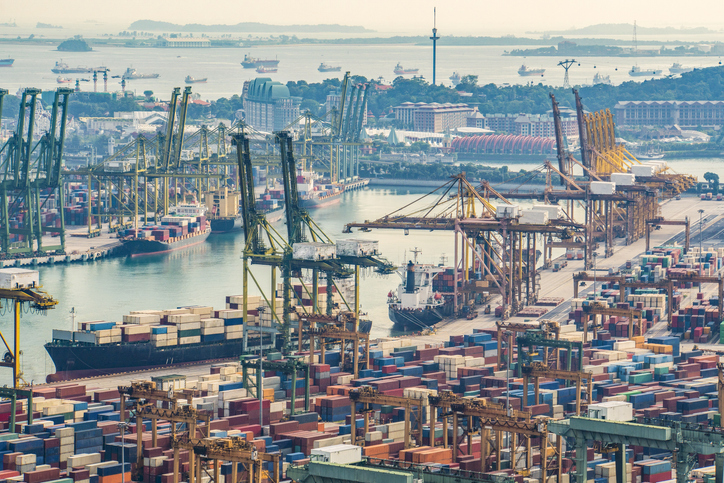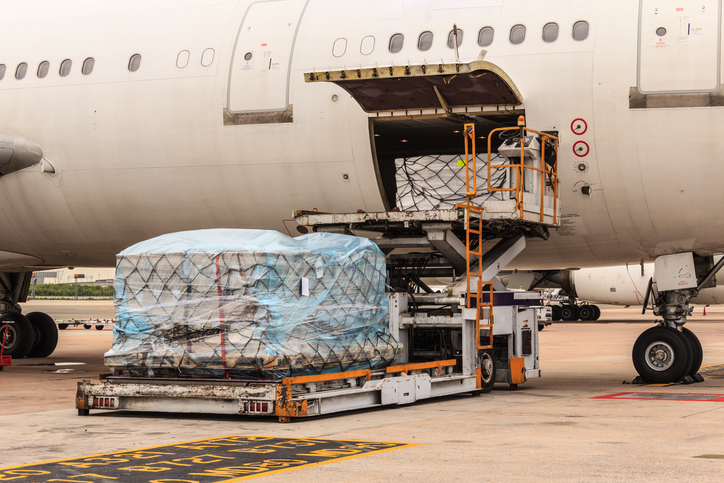
The Weekly Roar
In this week’s Roar: diesel at a two-year low, new FMC rules in force, port congestion in Singapore, good news for air cargo demand, and the real costs of the Red Sea conflict.
Diesel prices continue to fall, with the U.S. price reaching its lowest point in the past two years. The average price per gallon is now $3.758, which is 30.3 cents lower than the price was on April 8, 2024. Prices are down in nine out of the 10 regions, with the biggest decrease in California, where the price per gallon dropped by 6.4 cents. The only increase was in the central Atlantic.
The new Federal Maritime Commission (FMC) rules on detention and demurrage have taken effect, focusing on billing requirements, time frames, and dispute resolution. It’s the FMC’s goal to improve clarity and fairness in D&D charges. Invoices can now only be issued to the consignee, whom the FMC defines as “the ultimate recipient of the cargo.” And carriers and terminal operators will have to issue invoices within 30 days of incurring charges, and build parties will be given 30 days to dispute them.
 Port congestion in Singapore, Southeast Asia’s primary port, is becoming an issue, thanks to the impact of the Houthi threat in the Red Sea that’s causing ships to divert around Africa. The backlog has risen to 450,000 TEU queued and vessels are waiting up to seven days for berths, leading to delays and rising shipping costs. Current estimates state that 7% of the global fleet is stuck — caught up in congestion.
Port congestion in Singapore, Southeast Asia’s primary port, is becoming an issue, thanks to the impact of the Houthi threat in the Red Sea that’s causing ships to divert around Africa. The backlog has risen to 450,000 TEU queued and vessels are waiting up to seven days for berths, leading to delays and rising shipping costs. Current estimates state that 7% of the global fleet is stuck — caught up in congestion.
The Association of Asia Pacific Airlines (AAPA) reports continued growth in air cargo demand for April 2024, with a 13.7% increase in year-on-year international freight ton (FTK) kilometers. The growth is driven by a resurgence in manufacturing and e-commerce, particularly a demand for consumer and intermediate goods. However, freight capacity expanded by 14.4%, causing a marginal decline in the average load factor — down to 59.9%.
The conflict in the Red Sea has been ongoing and, unfortunately, is starting to feel normal as its timeline draws out. Shippers will recall in October 2023 the Houthis launched missiles at Israel in support of Hamas and in retaliation for Israel’s offensive in Gaza. In November, they began attacking ships, and the ongoing attacks are severely disrupting global maritime trade. Hundreds of transportation routes have been disrupted, with vessels being forced to reroute around Africa, adding significant travel time and increasing shipping costs. Not to mention damaged ships, injured sailors, and the lives of multiple naval officers and crew members.
For the rest of the week’s top shipping news, check out the article highlights below.









